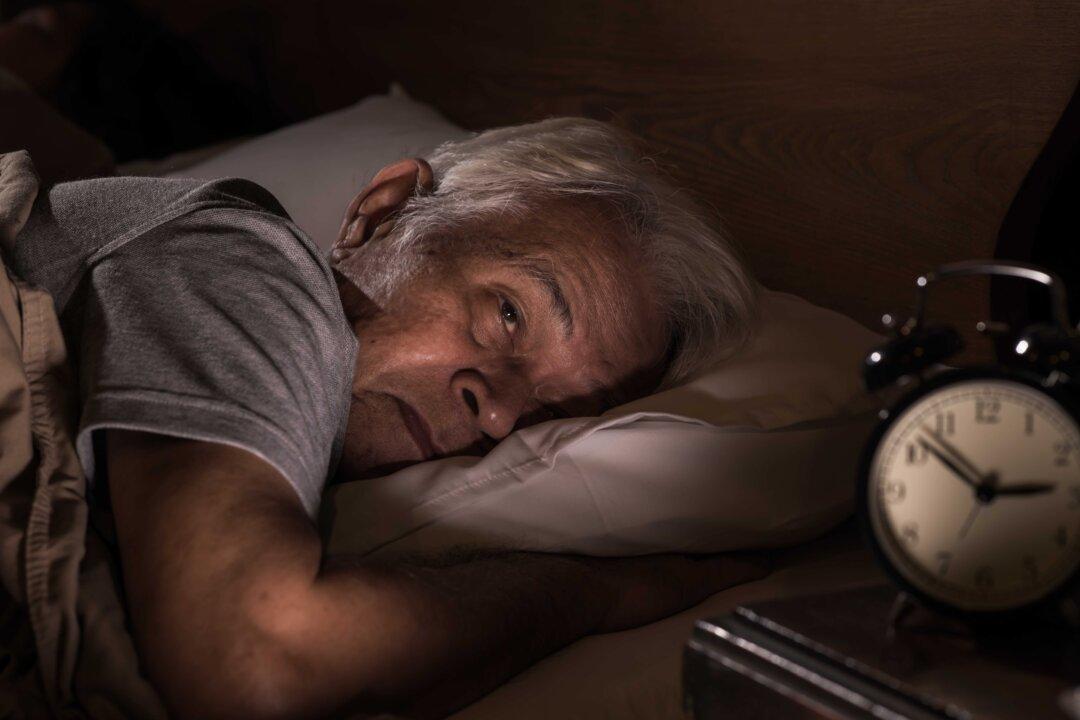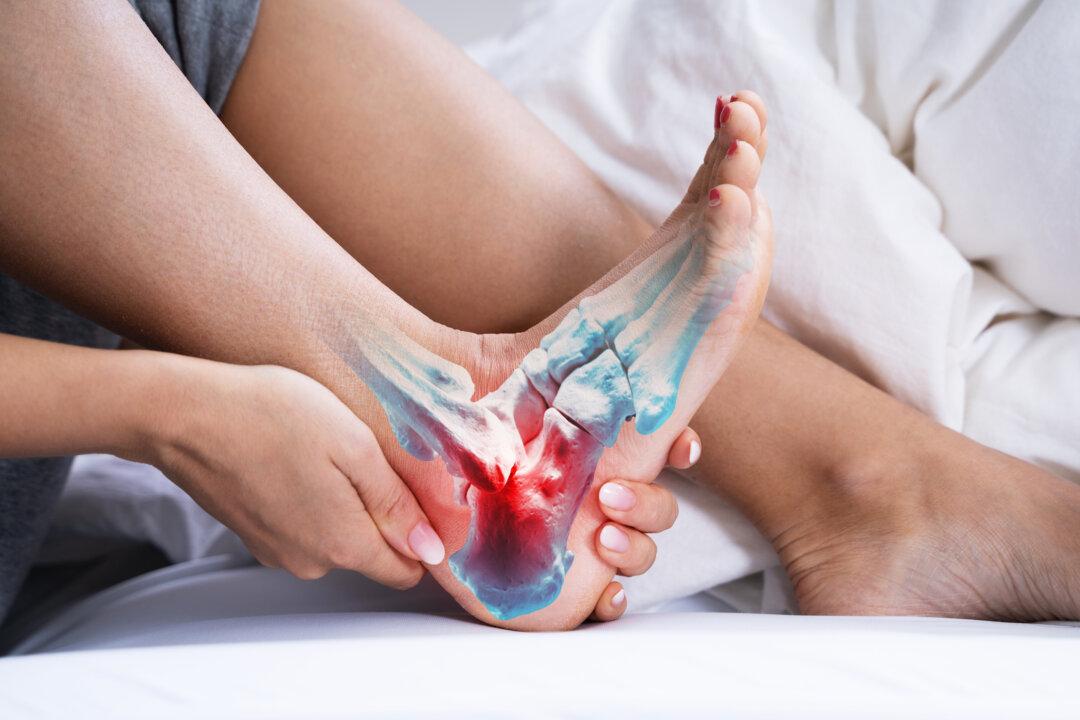It’s easy to ask what you can do to look and feel younger. It’s harder to look at what you’re already doing to accelerate aging.
Chronological aging is a fact of life. Years climb as they pass, and there is nothing you can do about it. The years will lead to some natural decline, but how much impact they have has a lot to do with how you live.





